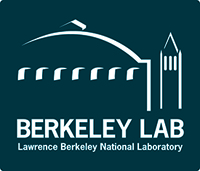How Scientists Are Accelerating Next-Gen Microelectronics
Lawrence Berkeley National LaboratoryIn a new Q&A, microelectronics expert and CHiPPS Director Ricardo Ruiz shares his perspective on keeping pace with Moore’s Law in the decades to come through a revolutionary technique called extreme ultraviolet lithography.






